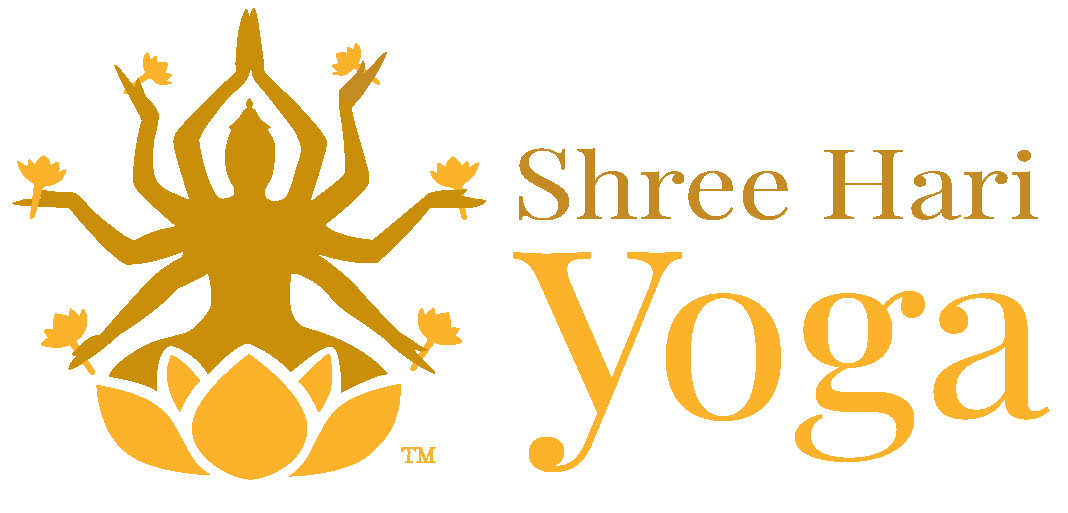Crafting a Yoga Resume

Yoga professionals may work in various settings, such as studios, gyms, schools, spas, or private practices, and may specialize in different areas of yoga, such as Hatha, Vinyasa, or Kundalini. Their work may involve leading yoga classes, conducting one-on-one therapy sessions, training and certifying new yoga teachers, or organizing and leading yoga retreats. The common goal for all yoga professionals is to help others improve their physical, mental, and emotional well-being through yoga.
TIPS ON DRAFTING THE CV FOR YOGA RELATED POSITIONS
When writing a CV for yoga training, it’s important to highlight your experience and qualifications in the field. Consider including the following information:
- Personal details: Name, address, phone number, and email address.
- Objective: A brief statement about your career goals as a yoga teacher.
- Education: List any relevant degrees, certifications, or courses in yoga, fitness, or health.
- Work experience: List any previous experience teaching yoga, including the types of classes taught, duration, and location.
- Skills: List any relevant skills such as proficiency in different styles of yoga, teaching techniques, anatomy, and knowledge of yoga philosophy.
- Accomplishments: List any notable achievements in your yoga career such as awards, publications, or recognition.
- Training: Highlight any special training or workshops in yoga, such as teacher training programs, advanced workshops, or continuing education courses.
- Personal interests: Mention any personal interests or activities related to yoga, health, or wellness.
Make sure to format your CV clearly and professionally, and to tailor it to the specific requirements of the job you’re applying for.
FORMAT OF A RESUME
[Full Name] [Address] [City, State ZIP Code] [Email Address] [Phone Number]Objective:
A passionate and dedicated yoga instructor with [number of years] years of experience seeking a position at [company/studio name] where I can utilize my skills and knowledge to promote wellness and help individuals achieve their fitness goals.
Summary:
– [Number of years] years of experience as a yoga instructor
– Strong background in [type of yoga, e.g. Hatha, Vinyasa, etc.] yoga techniques and styles
– Excellent interpersonal and communication skills
– Skilled in creating and leading dynamic and engaging yoga classes
– Dedicated to promoting wellness and helping individuals reach their fitness goals
Education:
[Degree/Certification and Field of Study], [University/Institute Name], [Graduation Date] [Relevant Yoga Certification, e.g. Registered Yoga Teacher (RYT) 200, etc.], [Certification Body Name], [Date of Certification]Work Experience:
Yoga Instructor, [Studio/Company Name], [City, State], [Employment Date – Present]
– Lead dynamic and engaging yoga classes, including Hatha, Vinyasa, and [other styles as applicable]
– Developed and implemented customized yoga programs for individuals and groups
– Conducted one-on-one sessions to address specific needs and concerns
– Maintained a clean and safe environment for students
– Promoted yoga and wellness through outreach activities and community events
Skills:
– Yoga instruction
– Class management and planning
– Communication and interpersonal skills
– Anatomy and physiology
– Yoga therapy
– Outreach and community building
References:
Available upon request.
FACTORS TO CONSIDER FOR YOGA INSTRUCTOR JOBS
- Qualifications: Yoga teacher certification, experience, and training in specific styles of yoga and anatomy and physiology.
- Location: The location of the job and the market demand for yoga teachers in that area.
- Availability: Availability to work flexible hours, including evenings and weekends.
- Class Size: The size of the classes you will be teaching and the number of students you will be working with.
- Studio type: Whether you will be working at a gym, a studio, or a private facility.
- Pay: The hourly rate or salary for the position and the benefits offered.
- Workload: The number of classes you will teach each week, your work schedule, and your responsibilities as a teacher.
- Growth Opportunities: The potential for growth within the company, such as opportunities to lead workshops and retreats.
- Support System: The support system available to you, including access to a mentor, resources, and materials.
- Personal Fit: The culture and values of the studio and if they align with your values and beliefs.
SKILLS REQUIRED FOR YOGA INSTRUCTOR JOBS:
- Passion for Yoga: A genuine love for yoga and a desire to share its benefits with others.
- Knowledge and Skill: A yoga teacher should be well-versed in anatomy, physiology, and the philosophy of yoga and possess a deep understanding of various asanas (postures), pranayama (breathing techniques), and meditation.
- Physical Dexterity: Good physical health and the ability to perform yoga poses and demonstrate them to students.
- Adaptability: The ability to modify poses and sequences for different levels of students and adapt to different teaching environments.
- Compassion and Empathy: A good yoga teacher should understand and relate to their students’ needs and experiences and offer guidance and support in a kind and empathetic manner.
- Patience and Encouragement: Yoga can be challenging, and a good teacher should be patient, encouraging, and positive, helping students progress at their own pace.
- Good Communication Skills: A yoga teacher must be able to effectively communicate the instructions for each pose, including modifications, clearly and concisely.
- Adaptability and Creativity: A yoga teacher should be able to adapt their lessons to suit the needs of their students, whether it is for a beginner or an advanced practitioner. They should also be creative in their lessons, keeping students engaged and motivated.
- Professionalism: Yoga teachers should professionally conduct themselves, respecting their students’ time and effort and being punctual and reliable.
- Continual Learning: A yoga teacher should be dedicated to continuing their education, learning new techniques, and keeping upto date with the new developments in the field.
- Inspiring and Motivating: A good yoga teacher should inspire and motivate their students to take their practice to new levels, helping them to achieve their personal goals and challenges.
FAQ ON YOGA JOBS:
- What qualifications are needed to become a yoga teacher?
You need a yoga teacher certification from a recognized organization or teacher training program, along with experience and training in specific styles of yoga and anatomy and physiology.
- Can I work as a yoga teacher if I don’t have a certification?
While certification is not always a requirement, becoming a certified yoga teacher is highly recommended. This will give you credibility and increase your chances of getting hired.
- How much do yoga teachers earn?
The average salary for a yoga teacher is around $30-$50 per hour, but it varies widely depending on location, experience, and class type. Some yoga teachers earn more by teaching private classes or leading workshops and retreats.
- What is the work schedule for a yoga teacher?
As a yoga teacher, you may have to work evenings and weekends. Your schedule will depend on the studio or gym you work at and the number of classes you are teaching.
- What are the benefits of becoming a yoga teacher?
Being a yoga teacher allows you to share your passion for yoga with others and help people improve their physical and mental health. You will also have flexible work hours, the opportunity to work in different locations, and the potential for growth within the industry.
- How do I find yoga teacher jobs?
You can start by checking job postings on yoga studio websites, classifieds, and job boards. You can also network with other yoga teachers and attend yoga events to meet studio owners and managers.
